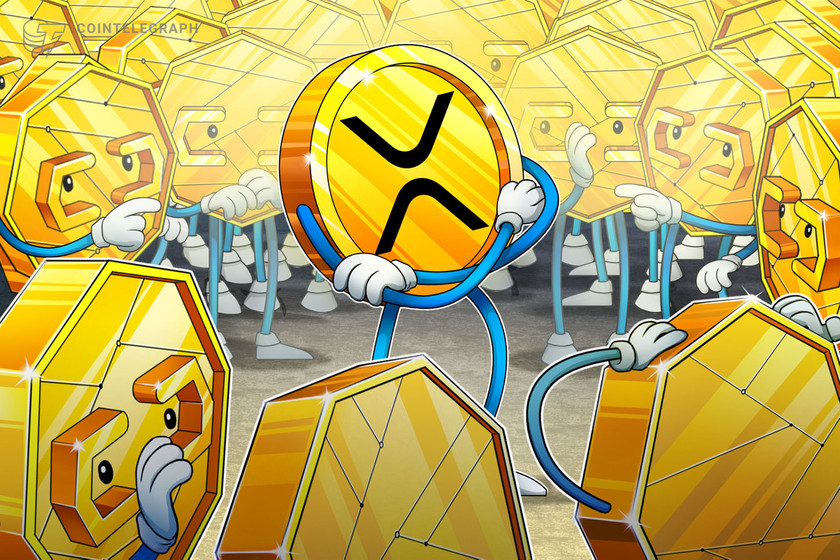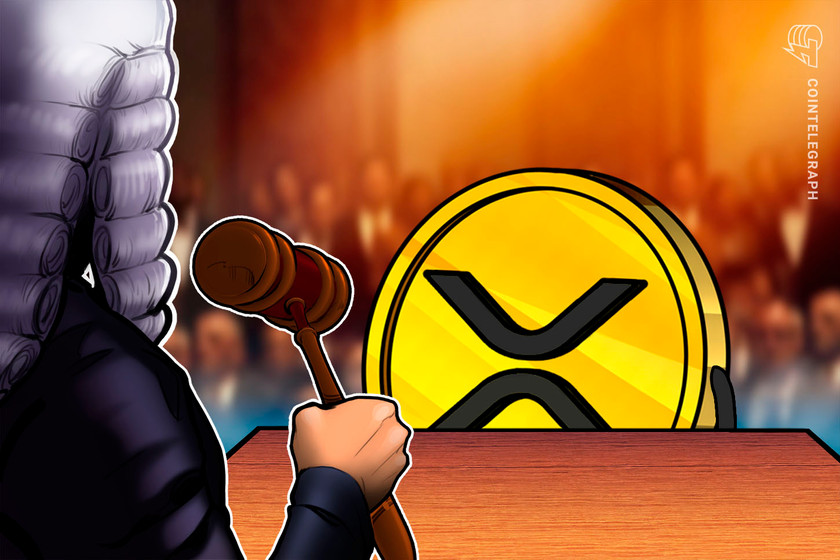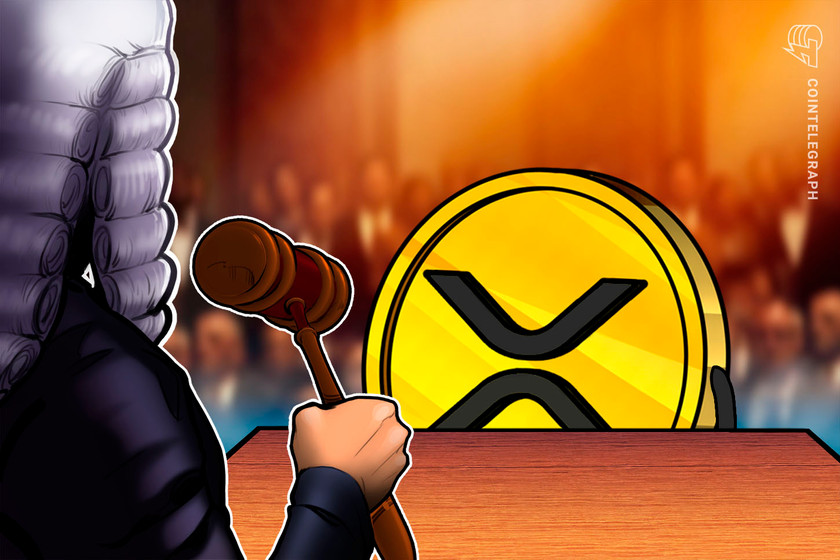Lawyer lays out his reasoning on why XRP is not a security


Lawyer Jeremy Hogan believes the United States Securites and Exchange Commission has failed to legally demonstrate that XRP is a security.
Ripple’s XRP (XRP) is not a security because it does not fit the definition of an “investment contract,” the “only” legislative definition that it could “possibly” fit, according to Jeremy Hogan, a partner at the law firm of Hogan & Hogan.
In a series of tweets on April 9, Hogan explained that, in his opinion, XRP could only be considered a security under the definition of an “investment contract,” as it doesn’t fit the other definitions of a security such as stocks or bonds.
Hogan argues, however, that the United States Securities and Exchange Commission has not demonstrated an implied or explicit investment contract in its suit against Ripple.
The #1 reason why XRP is not a Security (a thread).
First, under the legislative definition of a security, XRP can only POSSIBLY fit under the definition of an "investment contract." It is not a stock or bond, etc..
Even the SEC concedes this: "investment contract." pic.twitter.com/n9g7ZEos2n
— Jeremy Hogan (@attorneyjeremy1) April 9, 2023
“Instead it argues that the purchase agreement is all that is required — and that is all it proves,” Hogan stated.
“But that argument tears the ‘investment’ from the ‘contract’ as a simple purchase, without more, [there] cannot be an ‘investment contract,’ it is just an investment (like buying an ounce of gold) as there is no obligation for Ripple to do anything except transfer the asset,” he added.
The SEC initiated a lawsuit in December 2020, claiming that Ripple illegally sold its XRP token as an unregistered security.
Ripple has long disputed the claim, arguing that XRP doesn’t constitute an investment contract under the Howey test — a legal test used to determine if a transaction qualifies as an investment contract. The test was established in 1946 by the U.S. Supreme Court in the SEC v. W.J. case.
Hogan further argues that all of the “blue sky” cases, which the Howey case relies on for defining an “investment contract,” involved some form of a contract regarding the investment.
Related: Ripple CEO: XRP lawsuit resolved by June, SEC conduct ‘embarrassing’
“Indeed, how can a person ‘reasonably rely’ on an offeror to make them a profit when they have zero legal recourse when that offeror fails to come through?” he said.
“They cannot. Even the oft-quoted four-part test implies that a ‘contract’ of some sort is required.”
Hogan says the crux of the issue is not whether Ripple used money from the sale of XRP to fund its business, but if the SEC has proven that there was either an implied or explicit “contract” between Ripple and XRP purchasers relating to their “investment.”
“There was no such contract,” Hogan claimed.
Magazine: Bitcoin in Senegal: Why is this African country using BTC?



